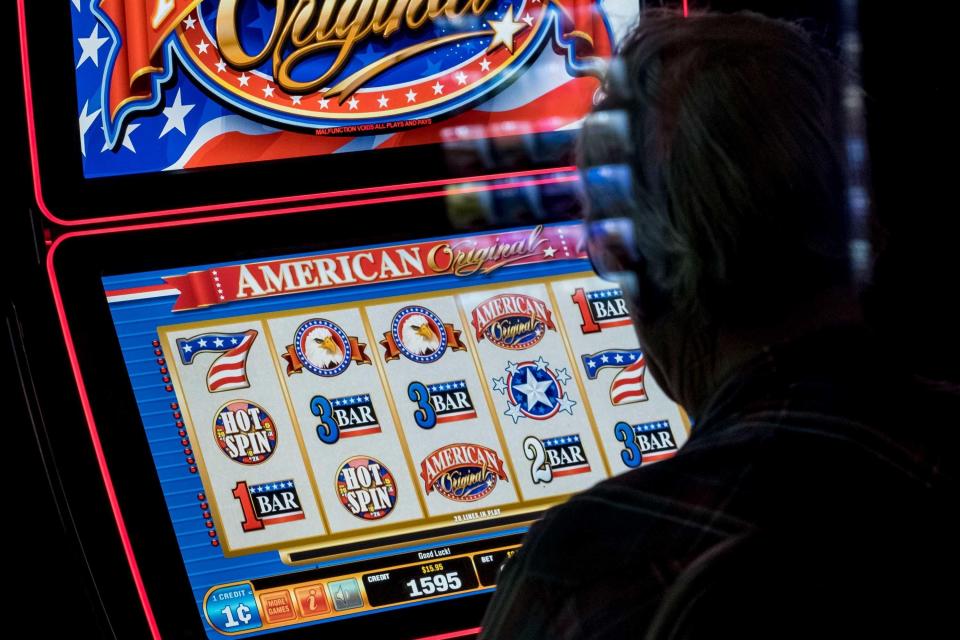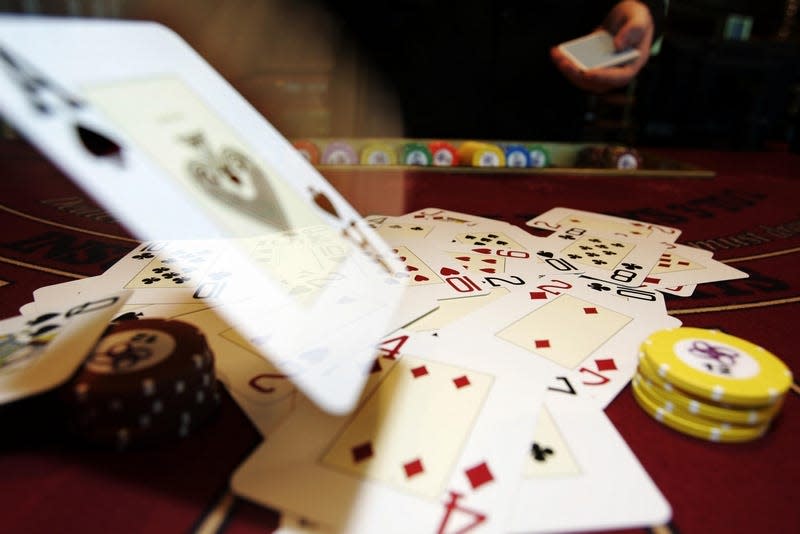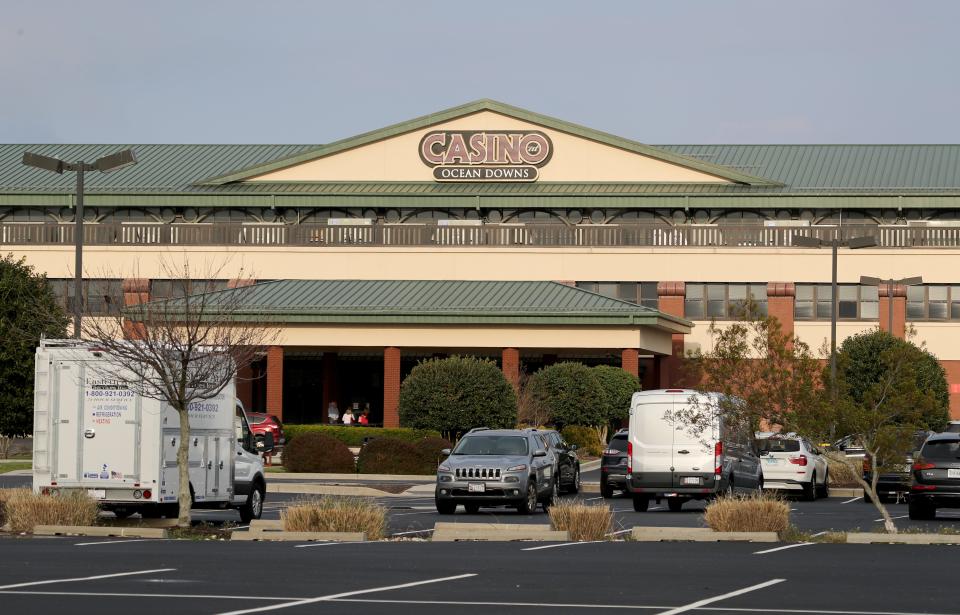Gambling thrived in Ocean City during Great Depression, even though it was illegal
There was once a time when, if caught red-handed, you would be arrested for gambling in Ocean City, Maryland.
That’s right — slot machines, poker tables, bingo parlors; you name it — all forms of gambling were once illegal.
The practice of illegal gambling was spurred on by the Great Depression — a dark time in United States economic history, which lasted from 1929 to 1941, when individuals became desperate to provide for their families.
The adrenaline rush to win money was highly sought after by many local townsfolk and beachgoers. Yet, it was also highly frowned upon by local authority. Even still, the gambling dens that once peppered the quaint Eastern Shore town of Ocean City were frequently packed with bodies hungry for moolah.
HISTORIC OCEAN CITY BAR: 'Everybody loves everybody in here': Step inside Ocean City's oldest bar, Harbor Inn
Ocean City's 'secret' gambling dens thrived until 1951

Ocean City’s gambling dens, although illegal, were not as secretive as they aimed to be.
"All were illegal and not supposed to be anywhere in Worcester County. (Yet,) everybody knew where they were,” local author and historian Bunk Mann previously told Delmarva Now.
The enticing gambling dens were open for business beginning around 1930 and up until 1951.
Around this time in history, slot machines were the most popular and easily accessible form of gambling in Ocean City, and could be found in many hotel lobbies and restaurants lining the resort town’s historic Boardwalk, according to Mann.
LOCAL AUTHOR BUNK MANN: Explore Ocean City's hidden treasures with local author Bunk Mann
A crusading state's attorney delivered 'end of slots' in Ocean City
Over time, unregulated betting became a growing concern for local officials who were itching to get a handle on the crime. Police raids were often conducted in hopes of catching illegal gamblers in the act.
One such club that found itself under much scrutiny during the 1940s was Rick’s Raft, formerly located at 17th Street.

The individual often credited for ultimately ending illegal gambling in Ocean City is Jack Sanford, who was elected as the States Attorney for Worcester County around the 1950s.
Sanford was Catholic, and it was his religious beliefs that sparked his desire to clean-up the gambling outbreak in Worcester County.
“Then they found Jack Sanford, a state's attorney candidate who vowed to clean up Ocean City,” said Mann. “That was the end of the slots. By the mid-1950s they were gone.”
It was in 1951 when all forms of gambling were erased from the popular beach town destination.
OCEAN CITY HISTORY: Did you know Ocean City has a Little Salisbury? Bayside neighborhood with colorful history
Ocean City also lobbied return of gambling to Maryland in 2008

Ocean City officials and business owners lobbied against casinos before they were later legalized in 2008, Ocean City Mayor Rick Meehan previously told Delmarva Now.
That year, Maryland voters approved slot machines at Ocean Downs Casino, located at 10218 Racetrack Road in Berlin. The casino, which reintroduced gambling to the surrounding area, continues to thrive to this day.
HISTORIC BED & BREAKFAST: Salisbury's only bed & breakfast is historic Gillis-Grier House. Look inside, meet owners
Olivia Minzola covers communities on the Lower Shore. Contact her with tips and story ideas at [email protected].
This article originally appeared on Salisbury Daily Times: A not-so-secret secret: The history of illegal gambling in Ocean City
